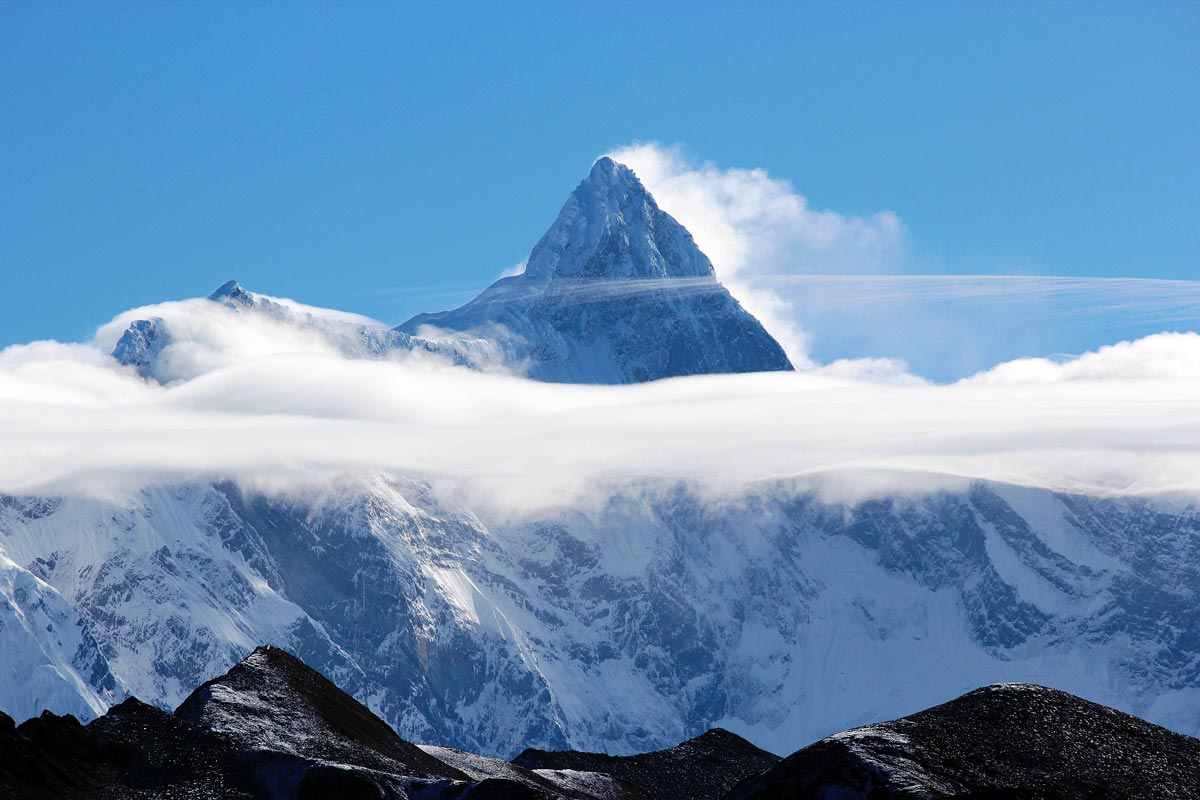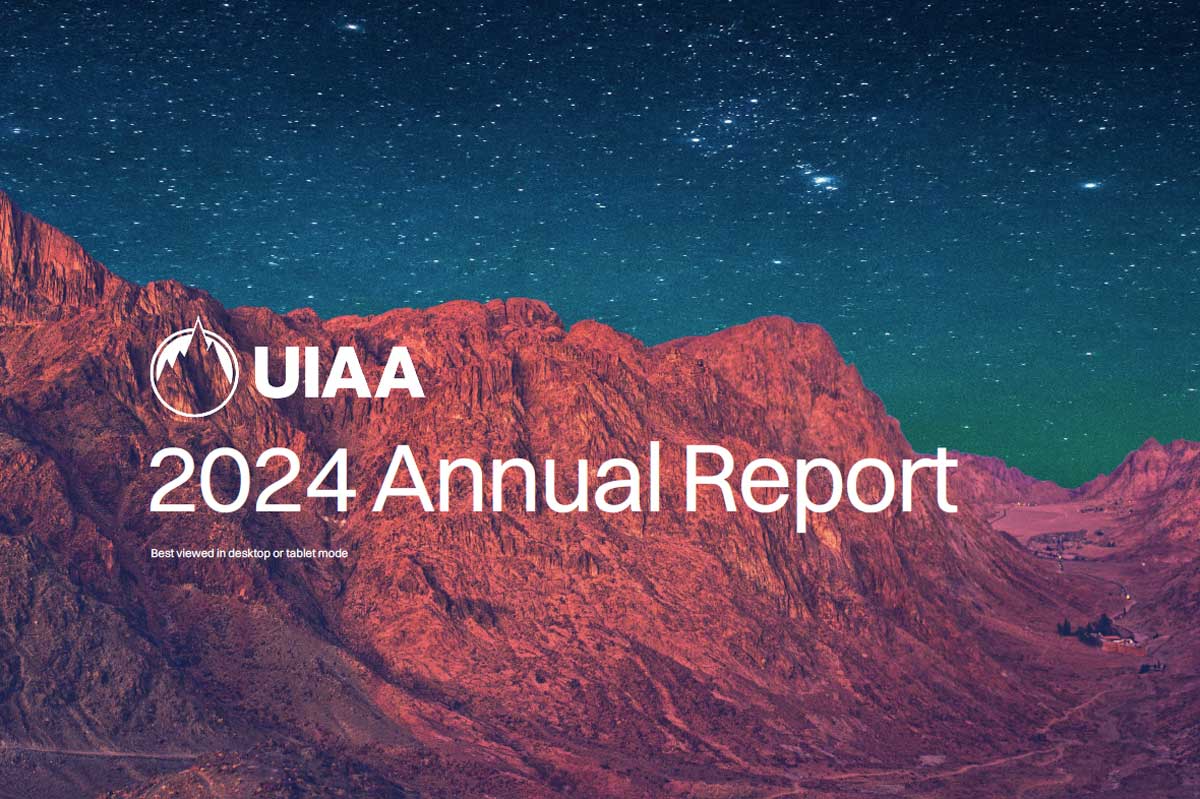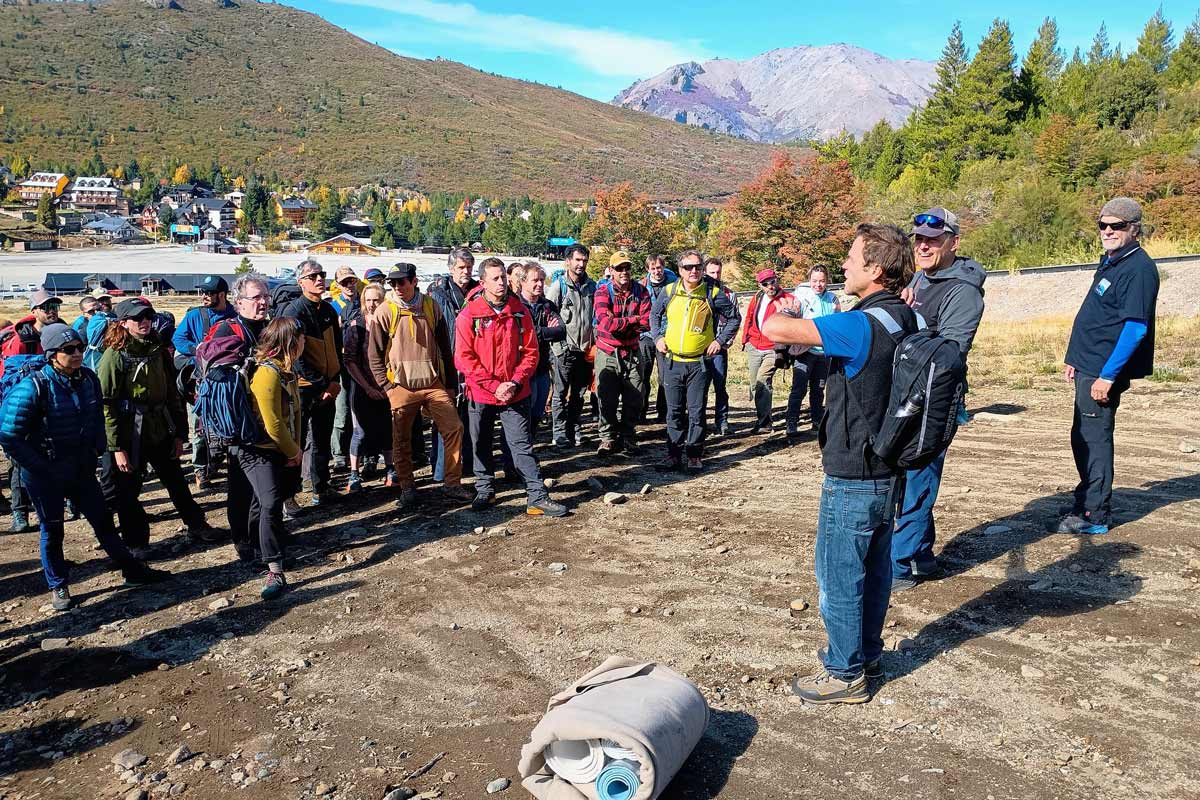The International Climbing and Mountaineering Federation (UIAA) Covid-19 Crisis Consultation (CCC) Taskforce held its sixth online meeting on 18 November. The Taskforce, created in April, offers guidance and leadership on subjects related to climbing and Covid-19. All communications related to the UIAA and Covid-19 can be found on the dedicated Portal.
General
The Taskforce discussed the current situation in a number of countries as well as addressing developments on vaccine trials, the likelihood of extended second waves or the onset of third waves and the future focus of its work.
There have been some positive developments over recent weeks regarding the likelihood of vaccines being available on the market in early 2021 and examples of effective measures in reducing the impact of the second wave. At the time of the meeting there had been a recorded 55 million Covid-19 cases worldwide, 36 million people have recovered from the illness and there have been 1.34 million deaths. Among the countries most effected are: USA (11.4 million infections, 250,000 deaths), India (9 million, 131,000), Brazil (6 million, 167,000). Further statistics can be found here.
Members of the Taskforce provided updates from their countries and regions:
Belgium: The second wave saw a peak of 15,000 infections per day. Intensive care facilities are fully occupied and health services challenged.
Germany: The second wave has been significantly higher than spring’s first wave with a current rate of 20,000 new infections per day. The situation has stabilised recently. A semi-lockdown is in place until the end of November, with a possible extension muted. Restaurants, hotels, huts, port facilities and climbing gyms are all closed. Climbing and mountaineering is permitted, and has caused overcrowding issues in some mountain areas. Regarding the German Alpine Club’s (DAV) activities – all huts are closed and activities cancelled. The second wave and restrictions are likely to last until spring 2021. A stronger lockdown is in force in nearby Austria.
Vaccines will be available soon. Distribution will prove a huge logistical and financial challenge. The target is to get 20 million people vaccinated in a first round. Currently 150 vaccination centres are being set up.
India: The overall situation is similar to July. Signs of second wave of apparent in some mountain regions, and a third wave in large urban areas. Climbing, mountaineering, trekking are permitted, although very few people are participating. A number of countermeasures are in place, including wearing masks in public. Gatherings of up to 100 people are allowed in restaurants and up to 50% of a venue’s capacity. Situation is similar in a number of other Asian countries such as Kazakhstan where climbing is permitted but visitors must take a mandatory test.
Vaccination enormous logistical problem. It took 33 years to get the 1.3 billion population of India vaccinated against polio. Around 500,000 people will be identified to be vaccinated first, mostly health care workers.
Iran: The country has been in complete lockdown for the last two weeks and situation is challenging. Iran (eighth) has one of the highest death rates (over 45,000 people). Due to international sanctions, vaccine availability may be challenging.
Nepal: The country is not currently in lockdown. International visitors can now fly into the country and face a seven-day quarantine. Owing to the holiday season there have been fewer tests and therefore few cases. Hospitals are full. A PCR test is required before anyone enters the Khumbu Valley. There has been a significant improvement in pollution levels and more local people are trekking. The cost of vaccines will be a consideration. Nepal is likely to rely on a vaccine being available from China or India.
Switzerland: Like Germany and the UK, the second wave has brought much higher numbers than the first wave. A soft lockdown is in place, masks are mandatory in public indoor/outdoor. Social gatherings including family limited to 15 people. Some cantons are in almost complete lockdown (Geneva, Vaud, Valais, Fribourg and others have softer restrictions). Climbing, mountaineering allowed, huts are open (if they are not closed for the season), climbing gyms are open. As are cable cars and mountain lifts, some are very crowded. Hospitals are full. An extension of measures into 2021 is probable. Vaccines likely to be distributed during the first quarter of the year although not freely for everyone.
UK: A soft lockdown is in place until early December, after which a tier system for different regions is likely. Hospitality venues remain closed, working from home encouraged. Climbing gyms are closed, amateur team sports forbidden. Currently around 20’000 cases per day being recorded. A key resource from the UK is the Recovery Trial project.
Next Steps for Covid-19 Taskforce
Following feedback from member associations, the wider climbing community and within the taskforce itself, the following observations were made:
- The CCC Taskforce will continue to operate in 2021, and its Working Group model could be adopted for other issues as well
- One of its upcoming tasks will be to collate and provide guidance on where people can travel and what precautions and preparations are necessary.
- The UIAA will continue to provide information and recommendations on a global level based on decisions taken at a national level
- The UIAA message of ‘Respect Measures, Stay Local, Continue Climbing (if guidelines permit)’ remains a guiding principle for the coming months.
- The CCC Taskforce openly welcomes a greater presence from North/Central and South America and will consider inviting guest experts to upcoming meetings to debate specific themes and topics.
The next meeting will be held in January 2021.
Please access the UIAA Covid-19 Portal for further information.
Main photo: Namcha Barwa (7782m), West Face, Eastern Himalaya. By Tom Nakamura



